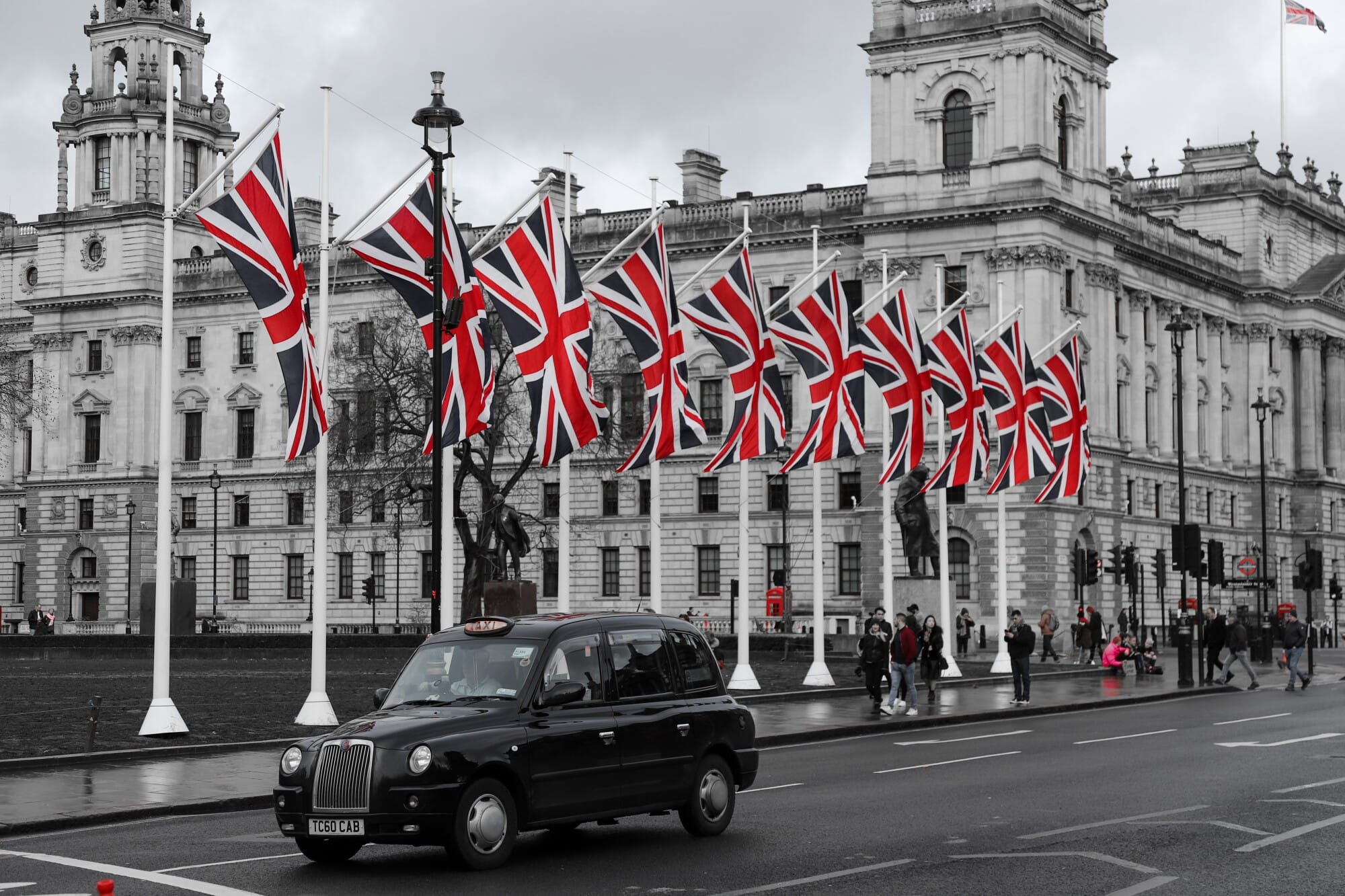The United Kingdom presents many opportunities for employment, study, and quality of life that attracts hundreds of thousands of migrants every year. At the last count, around 6.2 million people were living in the UK who’d arrived there from another country.
Are you considering emigrating to the UK, have you accepted a job offer there, or are you planning a vacation there soon? You may need a visa to enter the country.
Here’s a breakdown of the different kinds of UK visas depending on the nature of your visit.
Who Needs UK Visas?
The UK has a welcoming outlook towards foreigners. As a result, there’s a long list of nationalities who don’t need visas if they intend to leave after six months.
Some of the more prominent places on this list include:
- Members of the EU
- Australia
- Japan
- Mexico
- New Zealand
- The United States of America
If you hail from one of these visa-free countries, you should still bring all the relevant UK visa application documents. The immigration officers will ask for them.
The Points Based System
Despite an easy-going attitude toward visitors, the UK does have some strict requirements regarding some types of visas. This system allocates points based on:
- The qualifications of the individual
- Their salary requirements
- Whether they have a job offer or not
- Whether they possess skills that are in demand
Unless you meet the relevant criteria, you won’t receive a UK work visa.
The British government amended this policy at the beginning of 2021, making it even stricter. Their main aim with this is to ensure their citizens get the opportunity to apply for vacant positions first.
Naturally, these criteria don’t apply to those who are only passing through or visiting for leisure purposes.
Now, let’s get into the finer details of each type of UK visa:
UK Work Visa
Due to the strict entry requirements for those wanting to work in the UK, the country also offers business visas for those who are only filling a post temporarily.
Both work visas and business visas have several sub-categories, all with different requirements. For work visas, these are:
- Global Talent Visa for highly qualified individuals
- Tier 2 Visas for skilled workers with a job offer, provided it’s in a shortage area as follows:
- General
- Sportsperson
- Minister of Religion
- Intra-company transfer
- Youth mobility and temporary foreign workers
- Tier 5 Temporary Workers Visa
- Tier 5 Youth Mobility Scheme Visa
These are the business visa tiers:
- Tier 1 visa for entrepreneurs
- Tier 1 visa for graduate entrepreneurs
- Tier 1 visa for investors
- The Turkish businessperson visa
It’s best to work with a skilled lawyer to help you find the easiest legitimate pathway for you to live and work in the UK.
UK Student Visa
The United Kingdom welcomes students who want to take advantage of the many excellent, world-renowned universities in the country.
Student visas fall under the category of Tier 4 visas according to whether the applicant is a child, or wants to study for a short or long period of time.
Visitor Visa
The welcomes tourists from around the globe and you’re free to visit for any time shorter than six months. This is more than enough time to get a sense of the country’s wonderful history and culture.
The UK rarely issues visas to people who want to stay for longer than six months.
Family Visa
If you want to visit family in the UK for more than six months, or you have a spouse living there, you can arrange a visa based on their ability to support you for your stay.
There are three main categories of family visas in the UK, namely the spouse visa, parent visa, and child visa.
The dependents can be husband or wife (spouse), partner, fiancé, fiancée or proposed civil partner, children, parents, other family members.
You can find more information here about the necessary documents for the family and spouse visa UK application.
Refugee Visa
This is a temporary visa issued from within the UK. It’s granted to people who arrive at the border looking for sanctuary from life-threatening circumstances.
Once the danger has passed, the refugee must return to their country.
Transit Visa
A transit visa applies to people who are passing through the UK en route to somewhere else. There are two categories of transit visa depending on whether you stay at the airport (Direct Airside Transit Visa) or leave the airport to travel via another means (Visitor in Transit Visa)
If you need to do this trip regularly, you can apply for a long-term transit visa too. This is subject to proving that you have no intention of living in the UK permanently.
Applying for a UK Visa
It’s important to ensure you tick all the necessary boxes for the visa you want. Make sure you know the current requirements before submitting any documents.
These are the most common reasons why the UK might deny your visa application:
- If any of the required documents are missing
- Mismatched or incorrect information contained in your paperwork
- Insufficient financial means for the duration of the stay
- Falling short on the English language requirement
- Disorganized documents
The good news is that once you know what you’ve done wrong, you can simply correct your error and reapply.
Ready, Set, Jet!
Now that you’re informed about all the relevant UK visas for any kind of UK trip, you can start planning the more fun aspects of your time in this lovely country.
Whether you’re traveling for work or play, the UK offers a host of accommodations and attractions to discover before you leave.
For more inspiration, check out our blog for all the best travel tips and advice.







